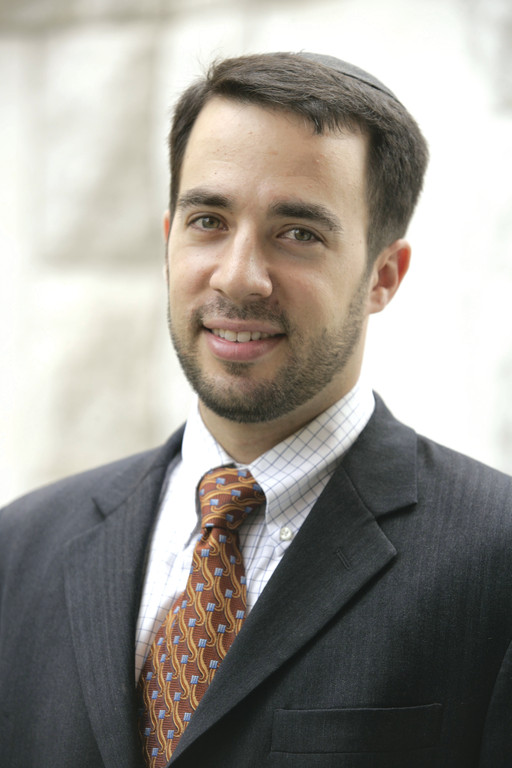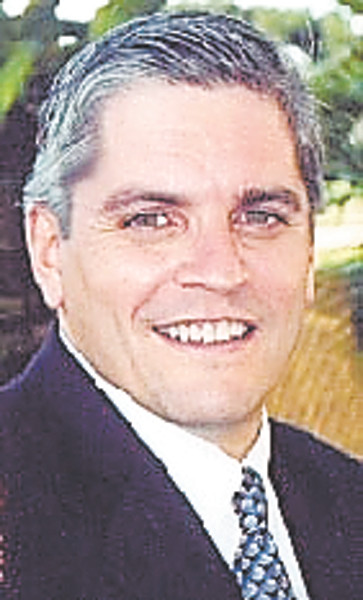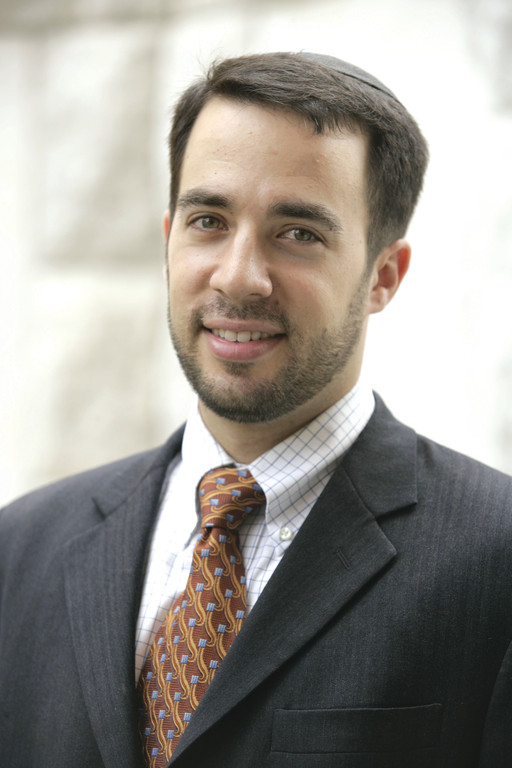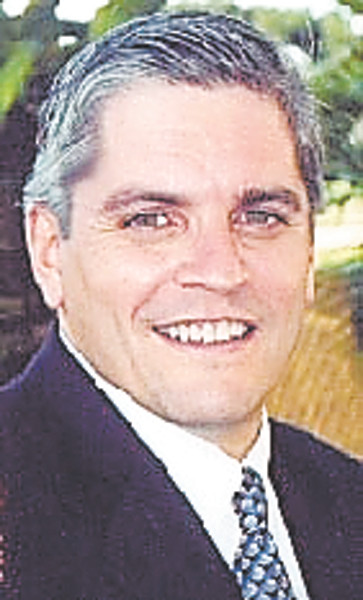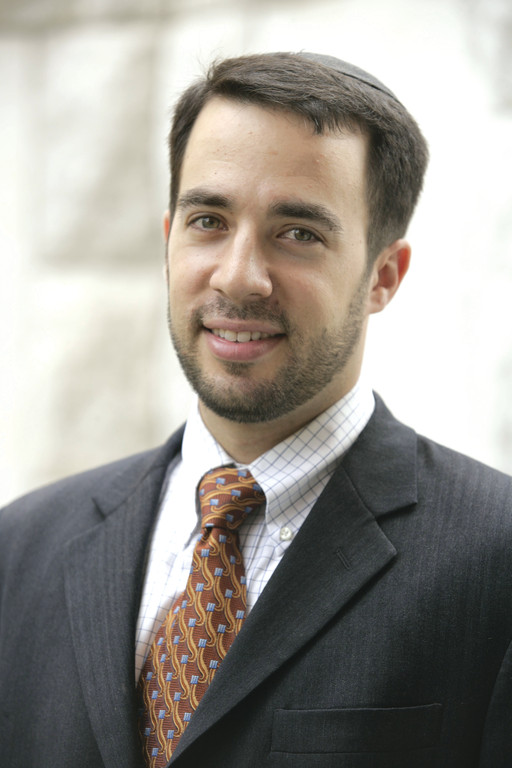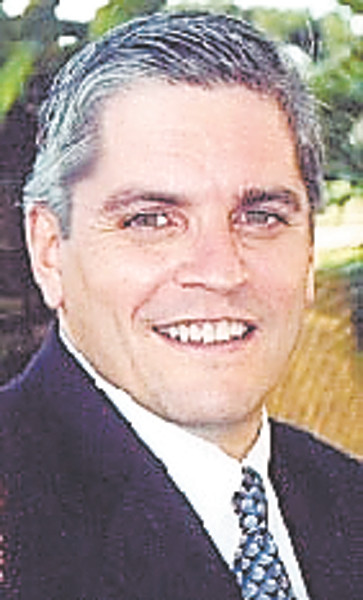Torah Columns
1744 results total, viewing 1451 - 1460
|
The Midrash (Vayikra Rabba 11:6) records a strange narrative surrounding the appointment of Aharon and his sons as the Kohanim.
more
By Rabbi Avi Billet
|
3/19/14
|
|
Rava said, “A person has the obligation ‘libsumei b’puria’ (until he does not know the difference between ‘cursed is Haman’ and ‘blessed is Mordechai’).” – Talmud Megilla 7b
more
By Rabbi Avi Billet
|
3/12/14
|
|
As we dress in costumes for this weekend’s celebration, it should be noted that one of the stories in the Megillah of Esther is very much about clothing.
more
By Rabbi Binny Freedman
|
3/12/14
|
|
In his Yizkor sermon on Yom Kippur 1963 (“Body and Soul”), Rabbi Norman Lamm introduced a fascinating idea in the name of Rabbi Moshe Avigdor Amiel.
Before Avraham, humans were referred to as basar (literally “humans” or “flesh”) — “Man shall leave his father and mother, and cling to his wife so they may become one basar (human/flesh).” “And all the basar (humans) died [in the flood].”
more
Rabbi Avi Billet
|
3/5/14
|
|
Sometimes, heroes are the most ordinary people, who rise to the most extraordinary occasions. Like Noam Apter.
more
By Rabbi Binny Freedman
|
3/5/14
|
|
Moshe saw all the work, and behold they had done it. Just as G-d commanded, so they did. And Moshe blessed them.”
more
By Rabbi Avi Billet
|
2/26/14
|
|
I couldn’t help myself; a huge grin spread across my face, and I felt like dancing, and then that one terrible word escaped, the one I still remember: “Todah.” (“Thank you.”)
I could tell I was in trouble as soon as the words left my lips; his eyes changed first, then his entire face, and then the glare we all feared, the one that meant you were about to get a serious work-out.
more
By Rabbi Binny Freedman
|
2/26/14
|
|
The washbasin and its stand were made of copper from the mirrors of the dedicated women who congregated at the entrance of the Tent of Meeting” (Shmot 28:8).
There is much credit given to the women who donated their mirrors for the sake of the creation of the kiyor (washbasin). Who were these women? Why were they so special to the point of their being enumerated in such a fashion?
more
By Rabbi Avi Billet
|
2/19/14
|
|
Rav Shlomo said: If you love someone, never ignore him. When you love someone and ignore him, it means they don’t exist. And that really hurts.”
“Va’yakhel Moshe et kol adat B’nei Yisrael, vayomer aleihem: Eileh ha’devarim asher tzivah Hashem la’asot otam.” (“And Moshe gathered together the entire congregation of Israel, and said to them: these are the things that G-d commanded us to do.”)
more
By Rabbi Binny Freedman
|
2/19/14
|
|
After Moshe breaks the first Luchot (Tablets), he is graced with a unique aura that raises his status in the eyes of the people. First he is forced to take his tent some distance outside of the camp (2000 cubits — see Targum Yonatan) because G-d’s presence leaves from amongst the people (33:7-11).
more
By Rabbi Avi Billet
|
2/12/14
|

 65.0°,
Mostly Cloudy
65.0°,
Mostly Cloudy 